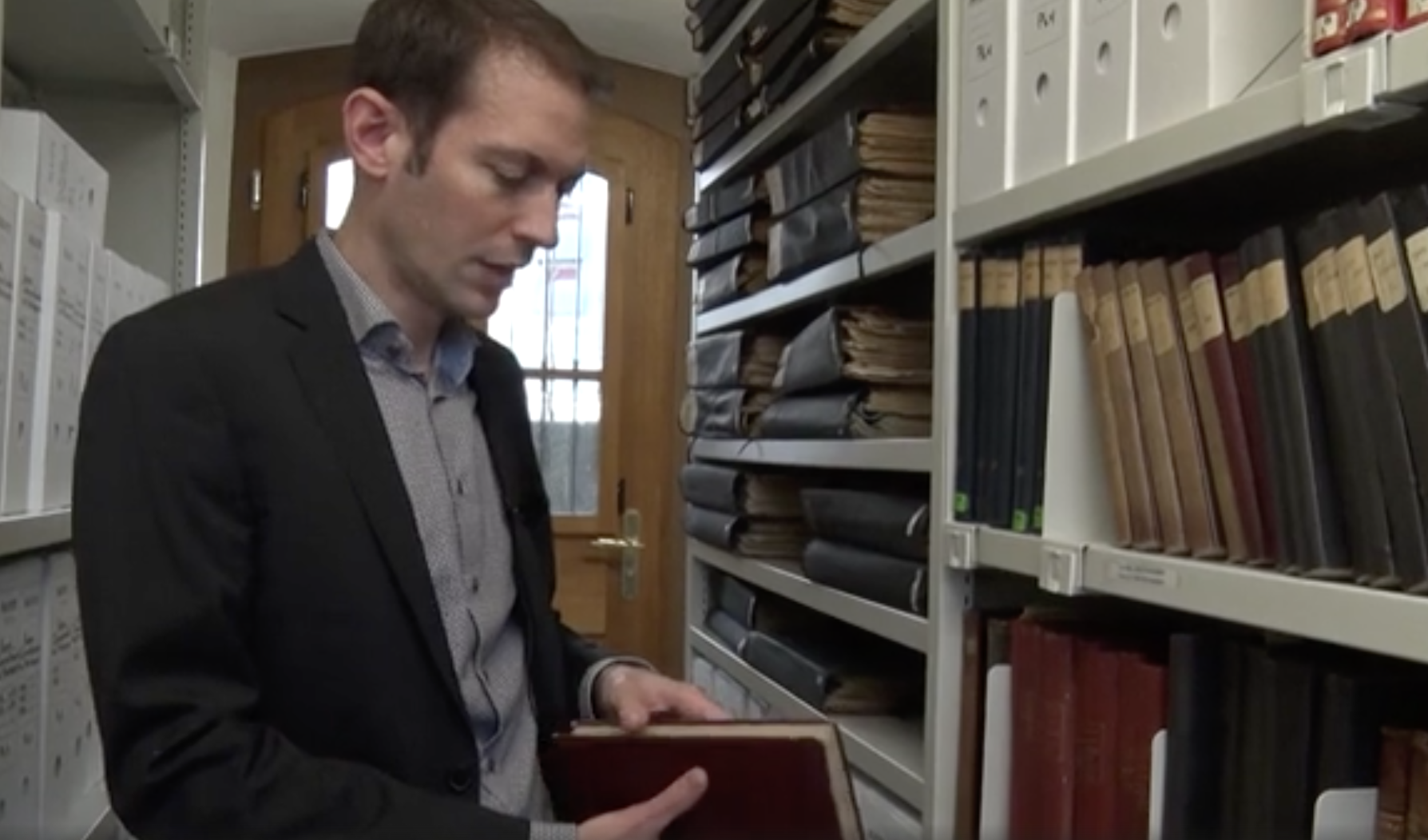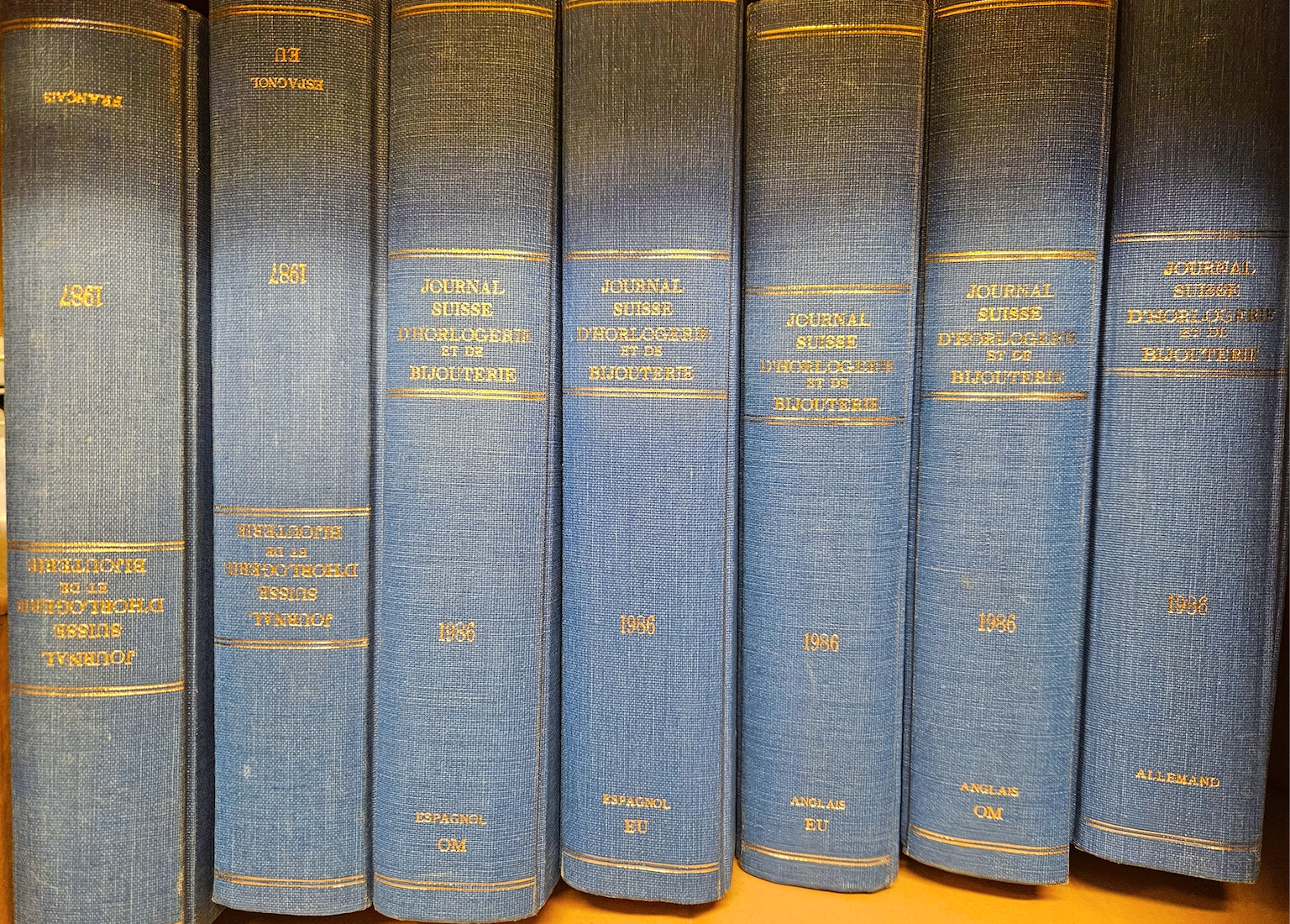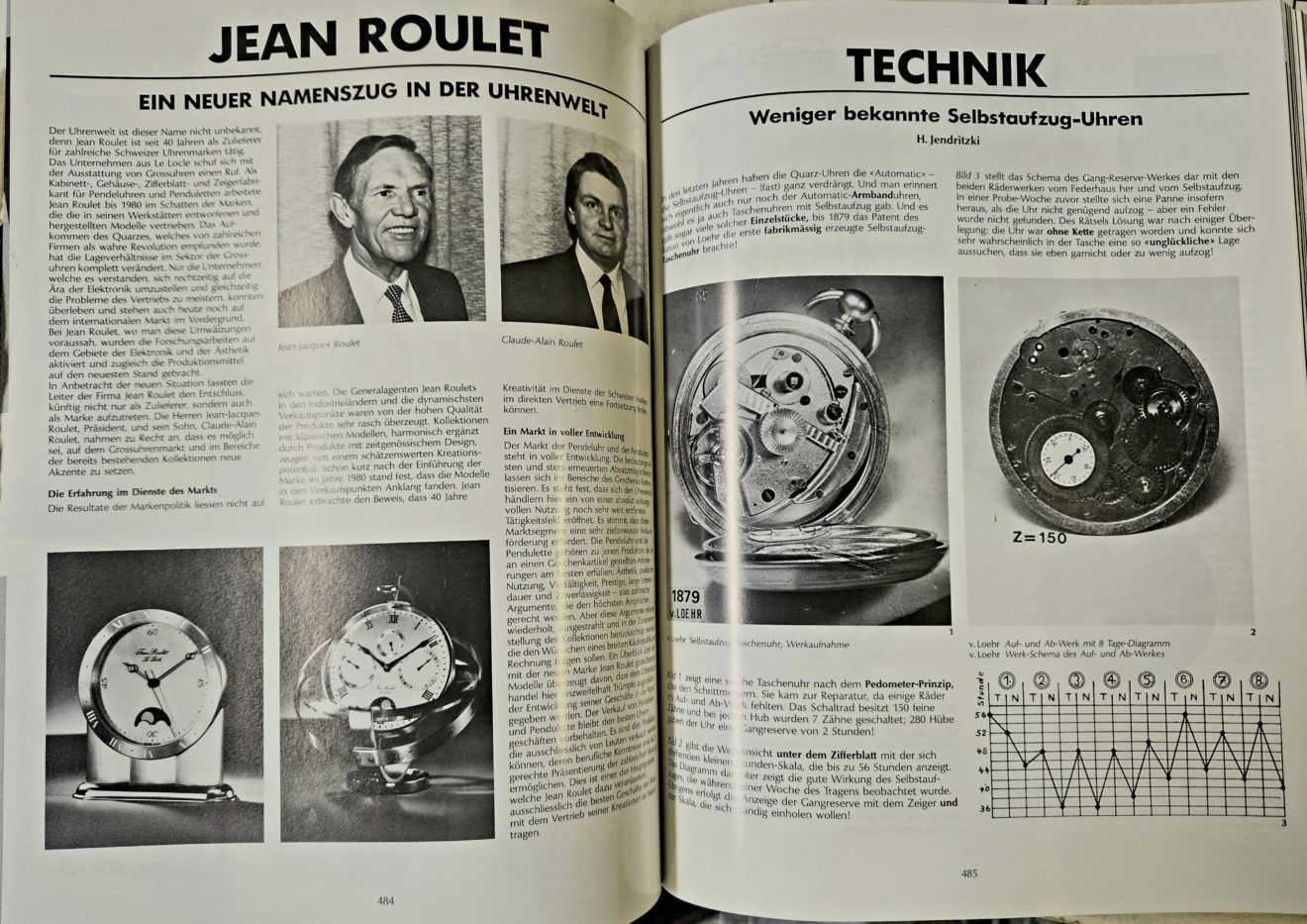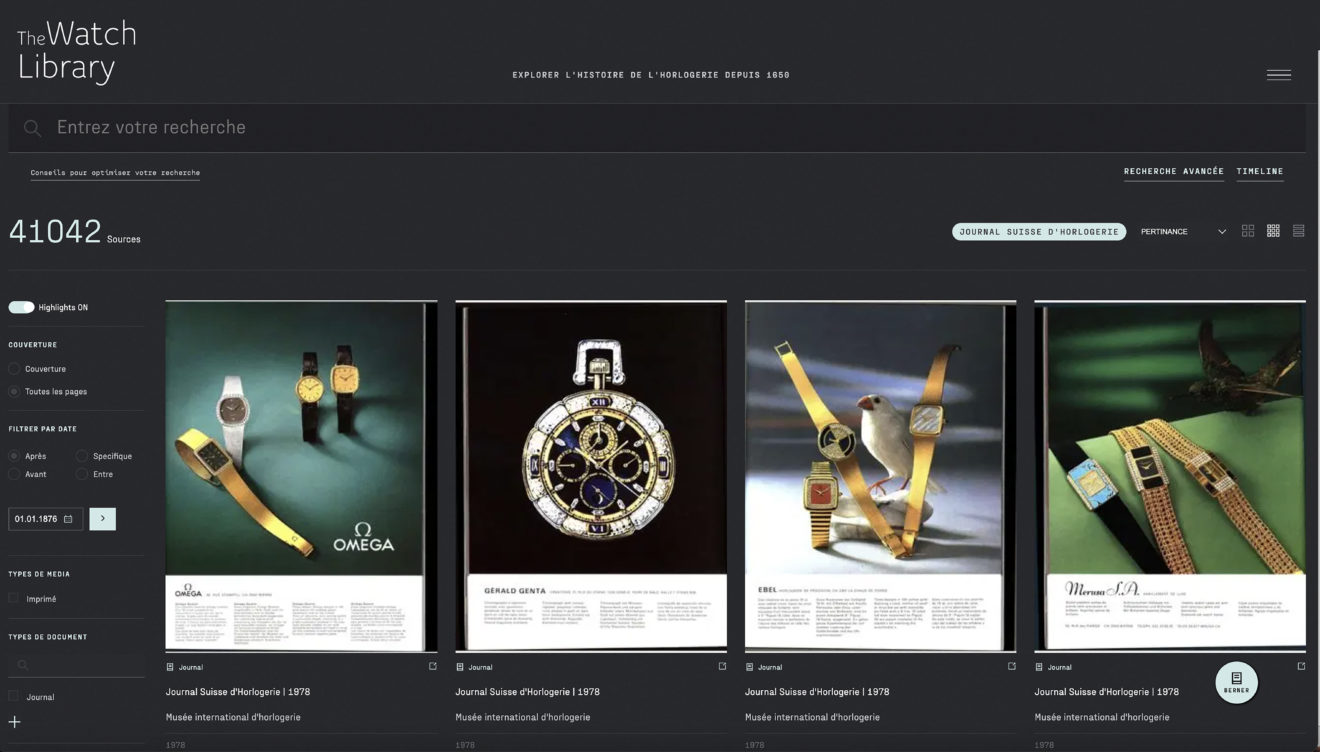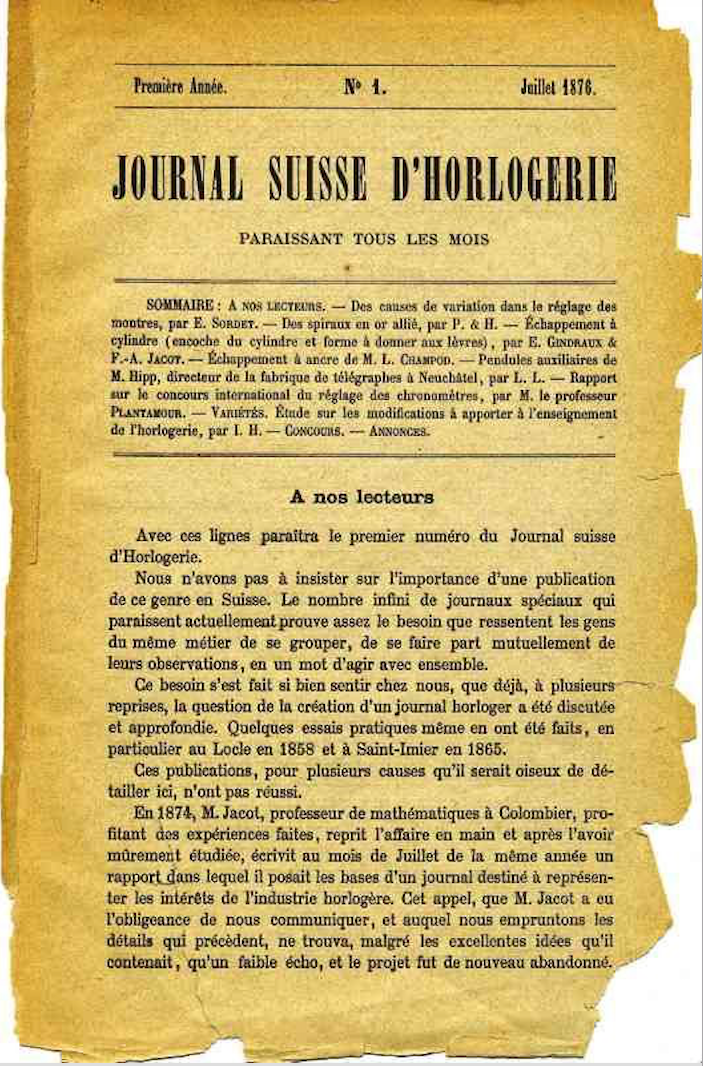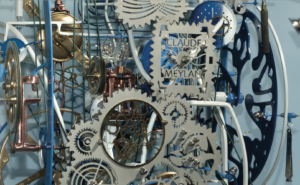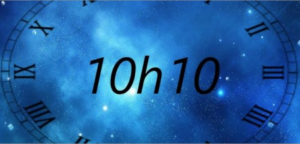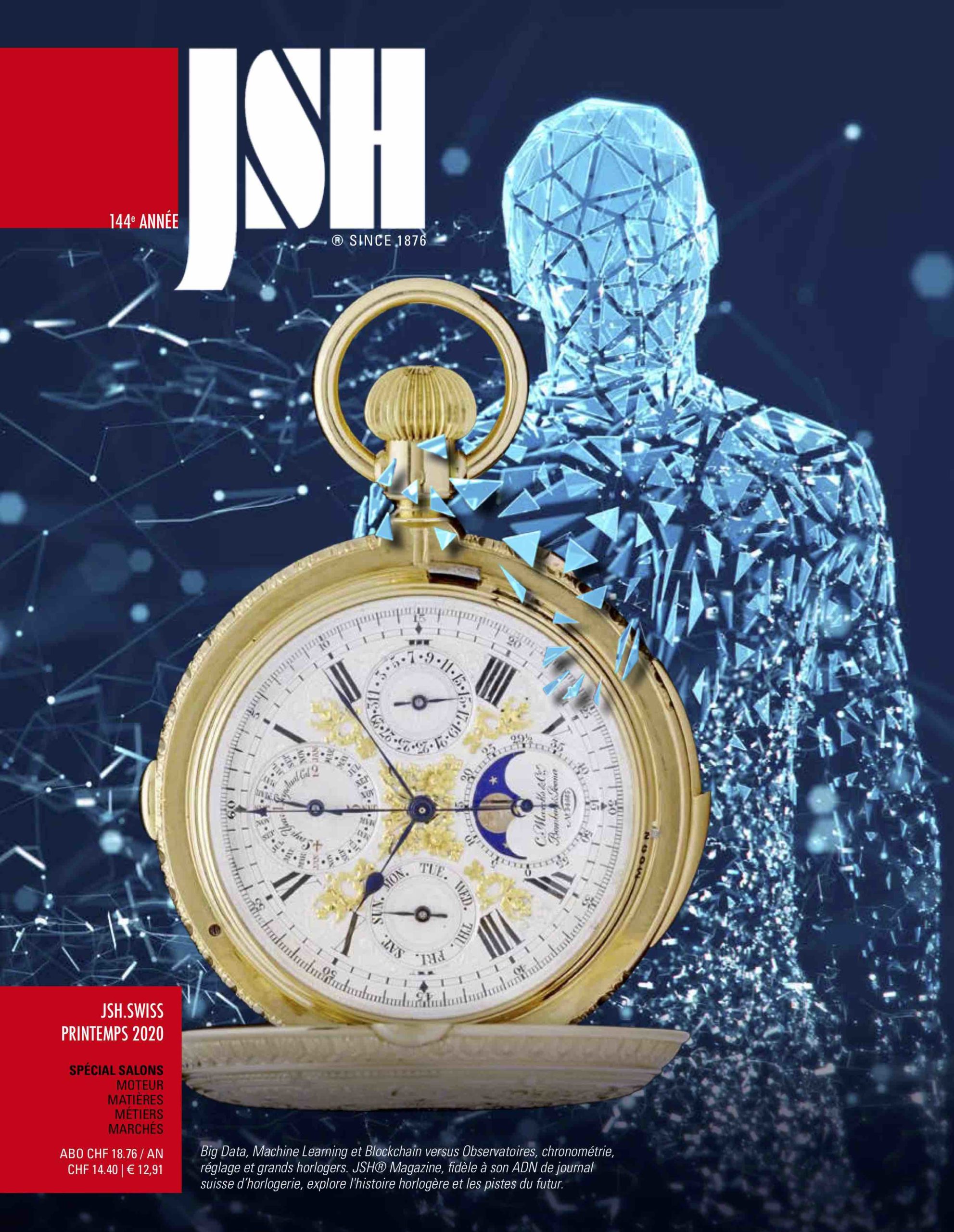Rescued from a Kafkaesque journey that could have extinguished them forever, the whole archives of JSH, the Journal Suisse d’Horlogerie founded in 1876, have just reappeared. The information is relevant to the entire watchmaking sector.
These historic treasures should have disappeared in 2016 in the maze of a press group’s bankruptcy in Geneva. Infact, they were not on the list of assets and could only be located and repatriated to the premises of the Bankruptcy Office thanks to the stubbornness of an aggrieved creditor
A comprehensive collection
“The importance of this collection,which our JSH Archives & Patrimoine organization has just acquired, lies in the fact that it is just as complete as those housed at the MIH, the Musée International de l’Horlogerie in La Chaux-de-Fonds, and at the Swiss National Library,” emphasizes Joël A.Grandjean, current editor in chief and publisher of JSH,who is still moved by the generous support he received in finalizing this operation
As far as he knows, there are only three such complete collections, although many private individuals, collectors and museums do possess fragments. As confirmed in October 2023, for example, by the Prix Gaïa historian Estelle Fallet, in her e-mail to “JSH Archives & Patrimoine”, current publisher of the journal suisse d’horlogerieJSH
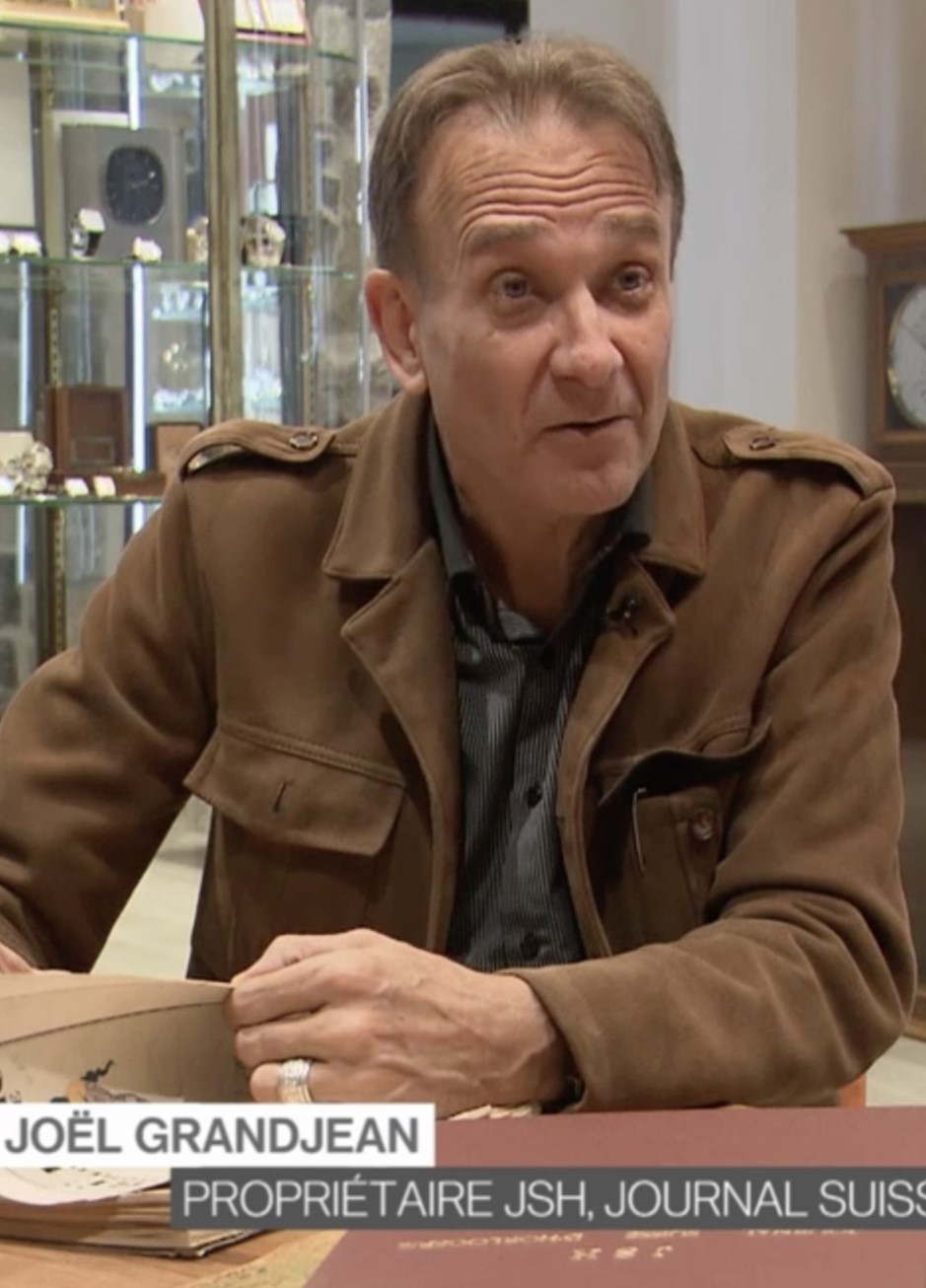
According to the Head Curator of Watches, Enamelware, Jewelry and Miniatures at the MAH (the Museum of Art and History): “42 JSH volumes held by the MAH’s Art and Archaeology Library are currently being digitized and OCRized…”She added that“access to these pages will be via the research platform organized at the MAH (Documentation and Research Center).We plan to extend this distribution further,notably through E Periodica and The Watch Library.”
Valuation within the sector
Journalist Serge Maillard, Europa Star‘s publisher-the key title of an uninterrupted watchmaking and jewelry family publishing legacy founded by his great-grandfather in 1927-embodies the watchmaking industry’s current quest for a media archive. «Europa Star and the Journal Suisse d’Horlogerie are two of the watchmaking industry’s most historic titles, with a combined editorial history of no less than 240 years! They embody an essential heritage for the whole watchmaking world, whosehistory they are still writing today. And we’re already thinking of original projects to further enhance this mutual heritage», he notes.
In practice, Serge Maillard and Martine Depresle are the architects of the largest archival operation ever launched for and in the watchmaking sector: in September 2021 they founded “The Watch Library Foundation”.Director Martine Depresle confirms: «As a non-profit foundation, we safeguard the watchmaking archives heldin Switzerland and around the world, thanks to our patrons, in order to make them accessible to as many people as possible and thereby help sustain the creativity and innovation of the entire watchmaking community. On watchlibrary.org, new archives are constantly being added to the 330,000 documents currently accessible, including the archives of the Journal Suisse d’Horlogerie.
Joël A. Grandjean: “These heritage treasures are crucial because today’s watchmaking industry is constantly referring back toits history; It is a source of legitimacy and creativity.”
Sharing and openness, a commitment
For JSH Archives & Patrimoine, publisher since 2019 of the Journal Suisse d’Horlogerie JSH, there’s no intention of locking access to this formidable physical database, visually representing a few cupboards overflowing with old bound compendia. “Given the global dimension of “The Watch Library” Foundation in terms of grouping and putting watch archives online, it’s obvious that our comprehensive JSH collection will grant it privileged access,” ensures Joël A. Grandjean
A commitment also expressed to the Horopedia Foundation, chaired by legendary watchmaker Philippe Dufour and founded by Marc André Deschoux, the watch expert behind “Watches TV“, the most important watch TV channel in the medial and scape. “In addition to the digitized content available online, I dream of seeing these delightful antique volumes on screen, leafed through and handled with care,”enthuses Joël A. Grandjean, the new owner..
The Journal Suisse d’Horlogerie JSH was founded in La Chaux-de Fonds in July 1876. The “Official organ of the Watchmaking Schools of French-speaking and Western Switzerland“, in 1925 it became the Official Bulletin of the Swiss Chronometry Society, founded a year earlier. For almost half a century, it was also the official organ of the Basel Fair. Following its bankruptcy in 2002, it was relaunched for the first time from 2008 to 2014 on behalf of a publisher by freelance journalist Joël A. Grandjean. Grandjean who, following the acquisition of the JSH® brand in 2015, is launching JSH 1876® magazine in June 2019 for the opening of the EPHJ exhibition, a tribute to the editorial legend of the Journal Suisse d’Horlogerie JSH. This Swiss watchmaking journal JSH (14,000 to 14,500 copies) is today aimed at watchmaking personnel. A world first, it has the unique feature of refusing to carry the watch brands’ ‘product’ advertising pages. “Only those involved in the co-contracting and ancillary sectors of the watchmaking industry can finance our editorial adventure through advertising. This guarantees us total journalistic independence,” points out the journalist, who is also President of the current editorial structure JSH Archives & Patrimoine, an non-profit association whose main statutory aim is to revive the Journal Suisse d’Horlogerie JSH and safeguard its physical archives.
Non-profit public interest foundation based in Geneva with an international action. The Watch Library is the digital portal to the world’s horological archives.
The Horopedia Foundation was created by Marc André Deschoux as well as Mr Philippe Dufour (President), Dr Helmut Crott and Mr André Colard, all members of the Foundation Board.
Although the project was made public during the Geneva Watch Days 2022, the formal registration in the Commercial Register of the Canton of Geneva dates from February 1, 2023, quickly followed by the recognition of its public interest status by the Geneva cantonal authorities.
The Foundation is financed by donations and aims to be totally neutral and independent.
The website is intended to be a real watchmaking encyclopedia where new content will be published regularly and intensively. Although it will be mostly self-produced, the site is meant to be participatory and open, where everyone can contribute by sharing their knowledge. However, all external contributions will be validated by a Watchmaking & Cultural Committee made up of recognized experts in the field.
One of the main singularities of Horopedia’s approach is to put into perspective the technical term covered according to their modes of production. The aim is to illustrate the difference between artisanal, semi-artisanal or semi-industrial methods, industrial methods or methods using totally innovative technological solutions.
One method is not better than another, but each one answers different challenges, whether it is a question of costs, quantity, quality or production time.
All of the content is accessible to all. Still, in a second phase, the long versions of the videos produced will be made available for a fee, either by general subscription (full access) or consultation (single payment for a determined duration).
This aims to ensure the project’s economic sustainability because its mission is infinite, such is the richness of the culture and art of watchmaking.




